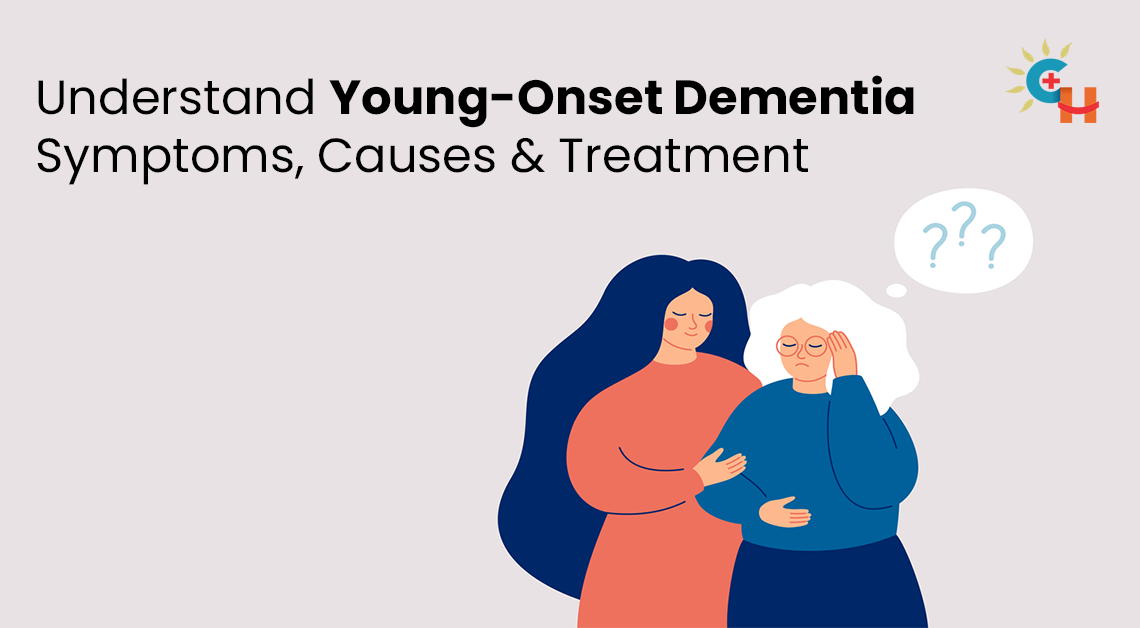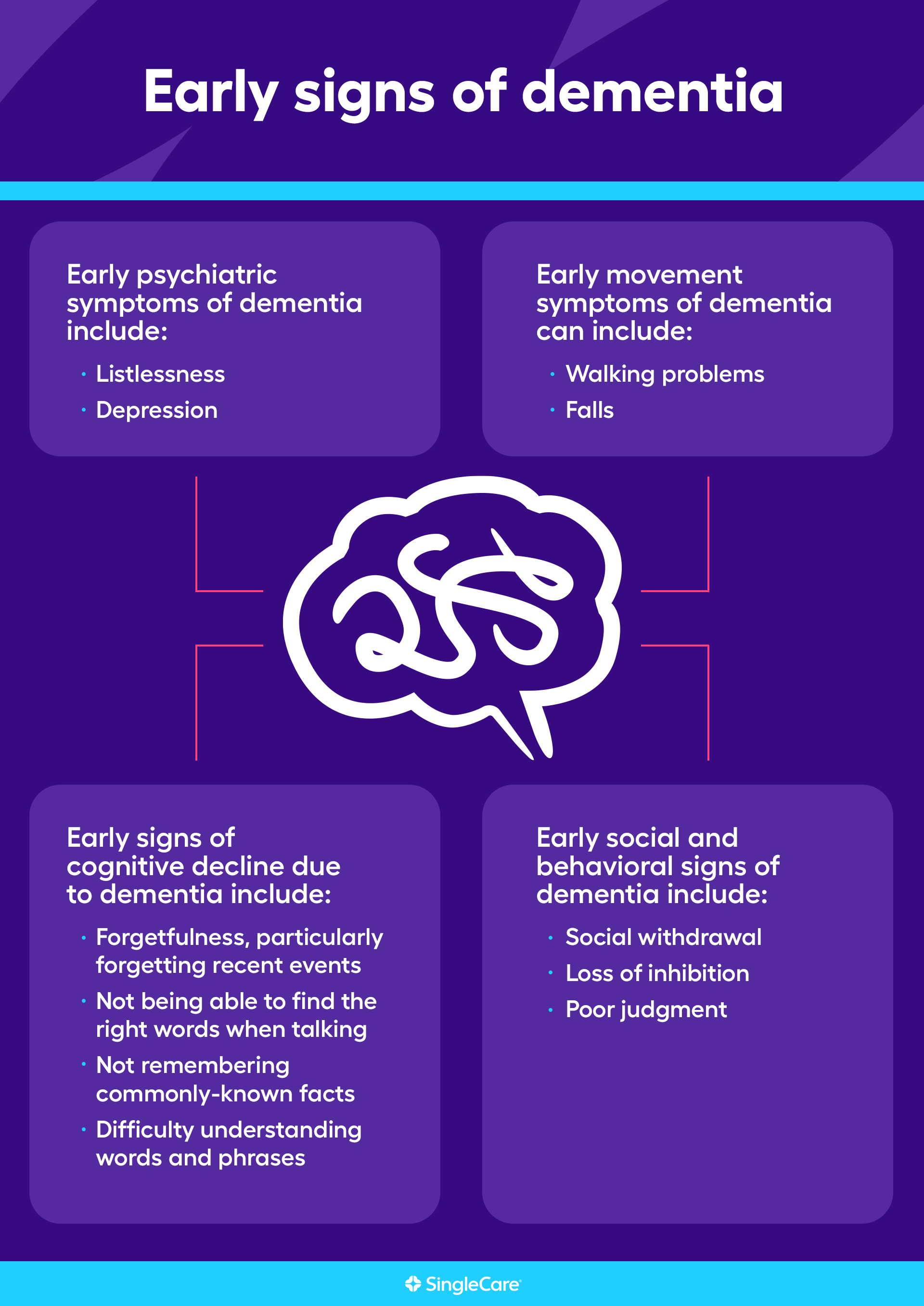Emotional and Behavioral Changes in Frontotemporal Dementia Patients
Emotional and Behavioral Changes in Frontotemporal Dementia Patients
Blog Article
Recognizing the Impact of Dementia on Life and Caregiving
Dementia affects daily life in extensive ways, impacting not simply those diagnosed yet likewise their caregivers. As cognitive decline advances, you might see adjustments in interaction and regular that obstacle both parties.
The Stages of Mental Deterioration and Their Results on Every Day Life
As you browse the journey of mental deterioration, comprehending its phases can considerably impact exactly how you handle life. Dementia typically proceeds with three primary phases: early, middle, and late. In the very early stage, you may discover occasional memory gaps or problem locating the appropriate words. This can bring about irritation, however identifying these indications early assists you adapt your regular and look for assistance.
Throughout the center stage, you'll experience much more noticeable cognitive decrease. Daily jobs could end up being challenging, and maintaining your freedom may require adjustments. Utilizing pointers and streamlining your environment can aid.
In the late phase, individuals commonly need considerable support with everyday activities. Planning for treatment becomes essential, concentrating on comfort and quality of life. By recognizing these phases, you're better furnished to react proactively, guaranteeing you or your loved one can browse the obstacles with self-respect and poise.

Modifications in Communication and Social Interaction
Exactly how do changes in interaction affect your daily interactions as dementia proceeds? As dementia breakthroughs, you may discover that simple discussions become tough. Words may leave you, or you might have a hard time to locate the best phrases. This can lead to frustration for both you and your loved ones. Nonverbal hints, like gestures or faces, come to be significantly crucial.
You may find it much easier to attach via these methods as opposed to counting solely on spoken language. Listening abilities can additionally change; you may discover it harder to comply with discussions or remember what was just said (Vascular Dementia). This can result in misunderstandings or sensations of isolation
Encouraging perseverance and developing a helpful setting can help. Participating in tasks that cultivate link, like music or art, can improve social communications. Remember, keeping relationships is still possible; it's nearly adjusting to brand-new ways of connecting.
Influence On Daily Routines and Activities
While maneuvering day-to-day regimens, you'll likely discover that jobs you once completed effortlessly become more difficult as dementia advances. Straightforward activities like food preparation, dressing, or perhaps bathing might require even more time and initiative. You might discover yourself neglecting action in acquainted routines or having a hard time to remember where you positioned things. This can cause frustration not simply for you, yet additionally for those around you.
Adjusting your environment can help; for instance, identifying products or using checklists can simplify jobs. Engaging in recurring, organized activities can additionally provide convenience and a sense of success. Bear in mind, it's all right to ask for assistance.
Emotional and Behavior Obstacles
Guiding through day-to-day routines can bring about not simply practical obstacles, but behavioral and also psychological ones. You might see modifications in mood, such as enhanced anxiety or frustration, which can stem from confusion or trouble in finishing tasks. As you browse these moments, it is crucial to acknowledge that your enjoyed one may express their feelings through actions like agitation or withdrawal.
These psychological actions can be unforeseeable and might occur without caution, leaving you both sensation overwhelmed. You might find that familiar atmospheres or regimens can help reduce anxiousness, however keeping patience comes to be substantial. It is necessary to validate their feelings, even if you don't fully understand them.
The Duty of Caregivers in Sustaining Individuals With Mental Deterioration
As a caretaker, you play a crucial duty in supplying emotional assistance for individuals with mental deterioration. Establishing everyday care regimens can produce a sense of security and convenience, helping to ease their stress and anxiety. By comprehending their demands and making use of efficient techniques, you can considerably improve their quality of life.
Psychological Assistance Approaches
When taking care of somebody with mental deterioration, recognizing the emotional landscape is vital for providing effective support. You'll typically locate that patience and compassion go a lengthy means. Confirm their sensations; if they reveal confusion or disappointment, acknowledge it without rejecting their emotions. Straightforward gestures, like holding their hand or preserving eye get in touch with, can produce a complacency. Try to participate in activities that they delight in, as this can stimulate happiness and link. Remember to communicate clearly and slowly, utilizing a calm tone. Urge expression through songs or art, which can function as a powerful electrical outlet. Inevitably, don't fail to remember to deal with your very own psychological demands; seeking assistance for on your own can improve your capacity to look after them.
Daily Care Routines
Developing daily treatment regimens is necessary for offering security and convenience to people with mental deterioration, as these routines can help in reducing complication and stress and anxiety. You can begin by detailing a regular routine for dishes, tasks, and remainder. This predictability assists your loved one feel more safe and involved.
Integrate acquainted jobs, like folding laundry or watering plants, which can evoke positive memories and foster a sense of success. Usage aesthetic signs, such as calendars or checklists, to guide them via the day.
Be adaptable, though; adjust routines as needed based upon their state of mind or power degrees. Fall Risk. Keep in mind, your perseverance and understanding are important in steering their changing needs, ensuring they really feel resource supported and valued throughout their day-to-day live
Producing a Safe and Comfy Living Atmosphere
Producing a risk-free and comfy living environment is necessary for individuals with dementia. You'll wish to make home security modifications that minimize threats and guarantee experience to supply a sense of view it now convenience. By concentrating on these aspects, you can help create an area that supports both safety and security and wellness.
Home Security Alterations
As you browse the obstacles of dementia, making home safety and security adjustments can greatly improve convenience and protection. Beginning by getting rid of tripping threats like rugs and mess, assuring walkways are clear. Set up grab bars in shower rooms and non-slip floor coverings in the shower to avoid falls. Take into consideration using brighter illumination and night lights to improve exposure, specifically during nighttime. Tag vital areas, such as the bathroom and kitchen, with clear signs to aid with orientation. Safeguard any sharp items or hazardous compounds out of reach. Furthermore, examine your home's locks and alarm systems to confirm they're straightforward and provide assurance. These alterations not only advertise security yet also urge freedom, allowing your liked one to really feel even more at simplicity in their atmosphere.
Comfort and Knowledge
After guaranteeing a risk-free setting with needed alterations, promoting convenience and knowledge is vital for individuals with dementia. Begin by individualizing their room. Usage familiar colors, designs, and photographs that stimulate happy memories. A preferred covering or chair can provide a complacency. Keep a constant routine to assist them really feel grounded and reduce anxiety. Straightforward, acquainted meals can likewise produce a reassuring environment. Keep paths clutter-free and clear to prevent confusion. Integrate soft lighting, as brilliant lights can be disorienting. Take into consideration adding comforting scents, like lavender, to promote relaxation. Engaging in familiar activities, such as listening to music or gardening, can improve their feeling of belonging, making their living environment a real sanctuary.
Methods for Efficient Caregiving and Assistance
While steering the obstacles of dementia treatment can really feel overwhelming, applying reliable strategies can substantially enhance both the caregiver's and the patient's daily experience. Start by developing a routine; predictability helps in reducing anxiety for both you and your enjoyed one. Usage clear, easy communication-- brief sentences and direct questions can avoid complication.
Don't fail to remember to deal with on your own; routine breaks and attach with assistance groups. Sharing experiences with others in similar scenarios can supply important insights and emotional alleviation.
Last but not least, remain person and versatile. Dementia can bring uncertain changes, so adjusting your approach is crucial. By employing these strategies, you can cultivate a much more favorable setting that benefits both you and your loved one.
Frequently Asked Concerns

What Are the Various Kinds Of Dementia?
You'll locate numerous kinds of dementia, including Alzheimer's, vascular mental deterioration, Lewy body mental deterioration, and frontotemporal mental deterioration. Each kind influences memory and cognitive feature in a different way, so comprehending the distinctions is crucial for proper medical diagnosis and care.
Just How Can I Assist A Person With Early-Stage Mental Deterioration?
You can aid somebody with early-stage mental deterioration by being individual, supplying assistance, and encouraging them to participate in activities they appreciate. Keeping routines consistent and maintaining open communication can additionally make a considerable difference in their day-to-day live.
Exist Financial Resources Available for Dementia Treatment?
Yes, there are funds available for dementia care. You can check out entitlement program programs, nonprofit companies, and insurance alternatives. It's also important to consult neighborhood agencies for particular resources tailored to your circumstance.
What Legal Considerations Should Caregivers Be Mindful Of?
As a caretaker, you ought to take into consideration power of attorney, medical care proxies, and guardianship legislations. It's necessary to understand the lawful rights and obligations you hold, ensuring your liked one obtains suitable treatment and security.
Just How Can I Handle Caretaker Stress And Anxiety?
You can handle caregiver anxiety by prioritizing self-care, seeking assistance from groups or close friends, establishing sensible expectations, taking breaks, and practicing relaxation techniques. Bear in mind, your wellness matters just as high as the person you're taking care of.
Recognizing the Influence of Dementia on Daily Life and Caregiving.
As you navigate the journey of dementia, comprehending its stages can substantially impact how you handle everyday life.While maneuvering daily regimens, you'll likely notice that jobs you once completed easily ended up being a lot more challenging as mental deterioration progresses.Developing daily care regimens is vital for giving stability and convenience to individuals with dementia, as these regimens can help lower confusion and anxiety.While navigating the challenges of mental deterioration treatment can feel frustrating, applying efficient strategies can significantly improve both the caretaker's and the client's everyday experience.
Report this page